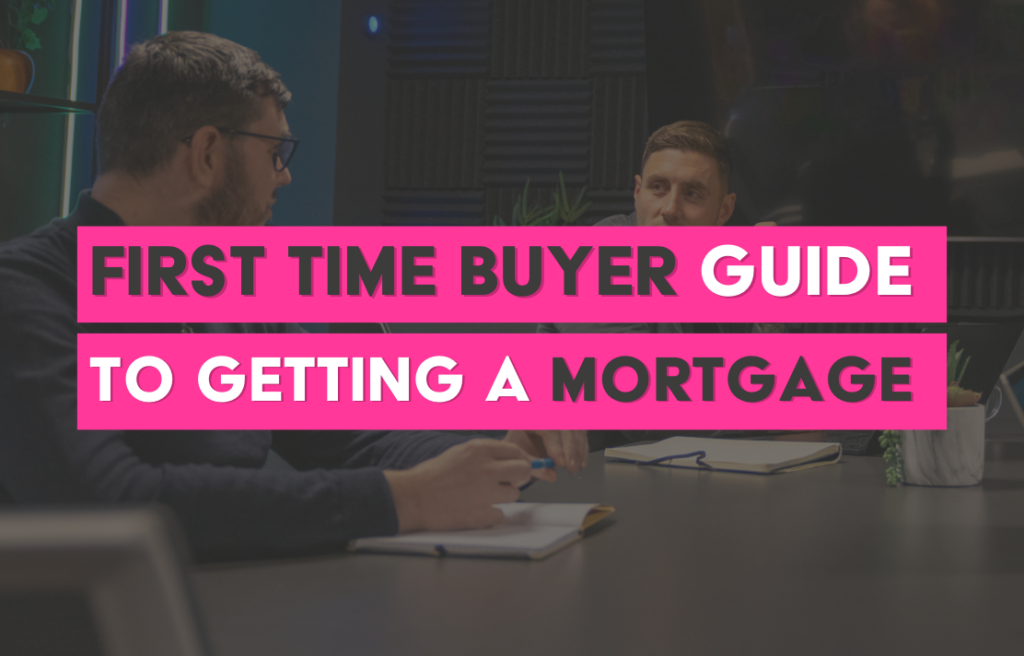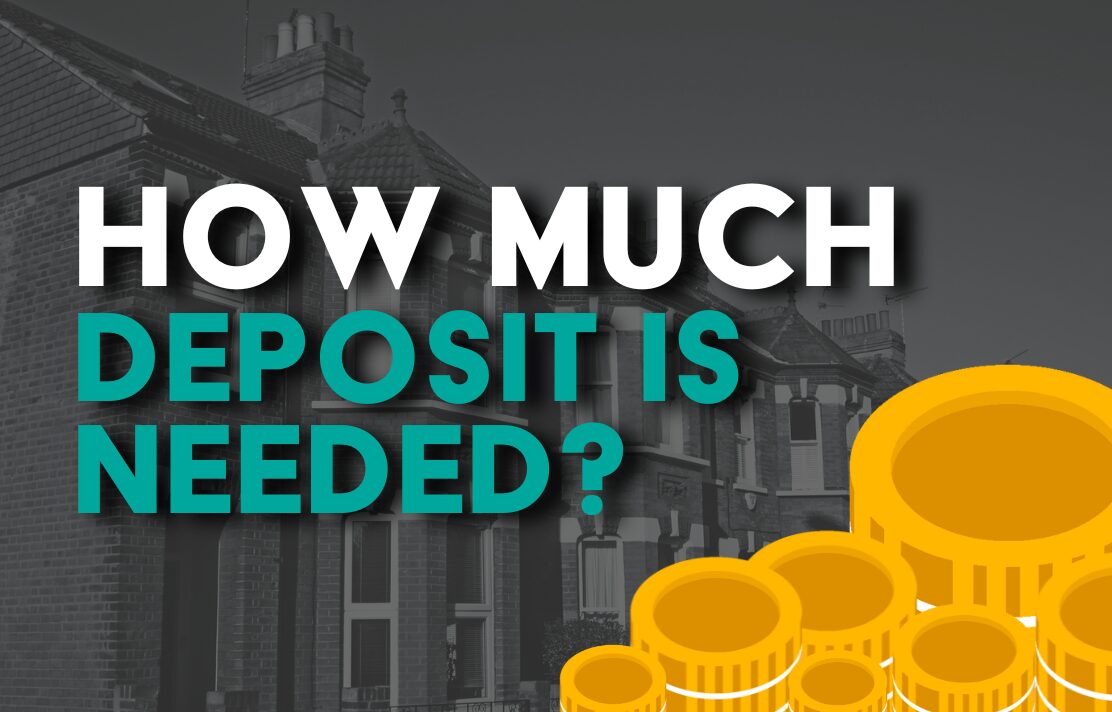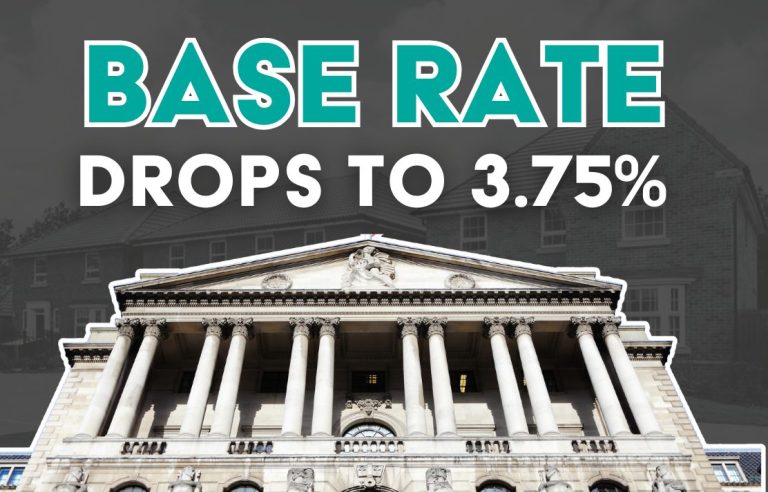If you’re thinking of investing in property, one of the first questions that probably comes to mind is, how much deposit do I need for a Buy To Let mortgage? It’s an important detail to keep in mind when budgeting and thinking about whether becoming a landlord is the right fit for you.
In this guide, we’ll explain how Buy to Let deposits work, how they differ from residential mortgages, what lenders are looking for, and how to put yourself in the best position to secure a great deal in 2025.
Whether it’s your first Buy To Let property or you’re expanding your portfolio, we’ll keep things simple and straight-talking.
What Is A Buy To Let Mortgage?
A Buy To Let mortgage is a loan designed specifically for people who want to buy a property to rent it out, not live in it themselves. Unlike standard mortgages, where your income is key, lenders here focus on how much rent the property is likely to generate.
Read more about buy to let mortgages
Why Are Buy To Let Deposits Higher Than Normal Mortgages?
Buy To Let deposits are typically larger than those for residential mortgages. That’s because lenders see rental properties as a slightly higher risk. Here’s why:
- You’re not living there – There’s always a chance your tenants don’t pay or the property sits empty.
- Interest-only is common – Many landlords opt for interest-only mortgages to keep monthly payments lower. But because you’re not repaying the loan itself each month, lenders want more security upfront.
- Rental income can vary – Market changes, tenant problems or maintenance issues can all affect income.
- To balance that risk – most lenders ask for a bigger deposit.
How Much Deposit Do You Need For A Buy-to-Let Mortgage?
In the current UK mortgage market (April 2025), the typical deposit for a Buy To Let mortgage is 25% of the property’s value. In some cases, this could be as low as 20%, but expect to pay a higher interest rate if you’re putting down less. Some specialist lenders or high-risk scenarios might require 30-40%.
Example:
Property Price: £240,000
25% Deposit: £60,000
Mortgage: £180,000
If you’re planning a purchase this year, having at least 25% ready is a good rule of thumb.
What Affects The Size Of Your Deposit?
While 25% is the usual starting point, the exact amount you’ll need can vary depending on a few things:
1. Your Experience as a Landlord
If this is your first Buy to Let, some lenders might ask for more. If you’ve already got a property portfolio and proven income, you may be able to access more flexible terms.
2. The Rental Income Forecast
Most lenders use a calculation known as the Interest Coverage Ratio (ICR). In 2025, this typically means the rental income must be 125% to 145% of your mortgage interest payments, depending on your tax bracket and lender.
If the rent is borderline, you may need to increase your deposit to make the numbers work.
3. The Type and Location of the Property
Is the property above a commercial unit? In a student-heavy area? Older build? These may be considered higher risk, and the lender might want a bigger deposit to offset that.
4. Your Personal Finances
While rental income is the main factor, lenders will still consider your:
- Credit score
- Existing debt
- Personal income
- Age and retirement plans
A strong financial position can sometimes mean access to better rates or lower deposit requirements.
First Time Landlord Deposits
Yes, but it’s tougher. Most lenders prefer applicants who already own a home. If you’re a first-time buyer, you’ll need:
- At least a 25% deposit
- A solid income (or joint application)
- Excellent credit history
- Strong projected rental income
A mortgage broker can be especially helpful here, as not all high street lenders cater to first-time landlords. Get in touch with a member of our expert team today to see what options are available to you.
Limited Company Buy To Let Deposits
A growing number of landlords now invest through a limited company for tax efficiency. The deposit amount is usually the same, around 25%, but lenders treat limited companies differently:
| Pros | Cons |
| Potential corporation tax benefits | Higher mortgage interest rates |
| Easier to manage multiple properties long-term | Fewer lenders offer these products |
| Additional legal and accountancy costs |
Before going down this route, it’s worth getting advice from both a mortgage adviser and an accountant.
Thinking About Your Next Property Investing Move?
At UKMC, we specialise in helping landlords secure the right Buy To Let mortgage for their needs. Whether you’re starting or scaling up, we’ll give you clear, honest advice, no jargon, no pressure.
Call us on 01925 573328
Email – hello@ukmc.co.uk
Or fill out our contact form and one of our friendly advisers will be in touch.
Let’s make your Buy to Let plans a reality, starting with that all-important deposit.
UK Mortgage Centre is a trading style of Refresh Mortgage Network Limited. Refresh Mortgage Network Limited is authorised and regulated by the Financial Conduct Authority. FRN – 826982. Registered in England & Wales: 11614569. As a mortgage is secured against your home, it could be repossessed if you do not keep up the mortgage repayments. The Financial Conduct Authority does not regulate some forms of buy-to-let mortgages. The Financial Conduct Authority does not regulate will writing and taxation and trust advice.







